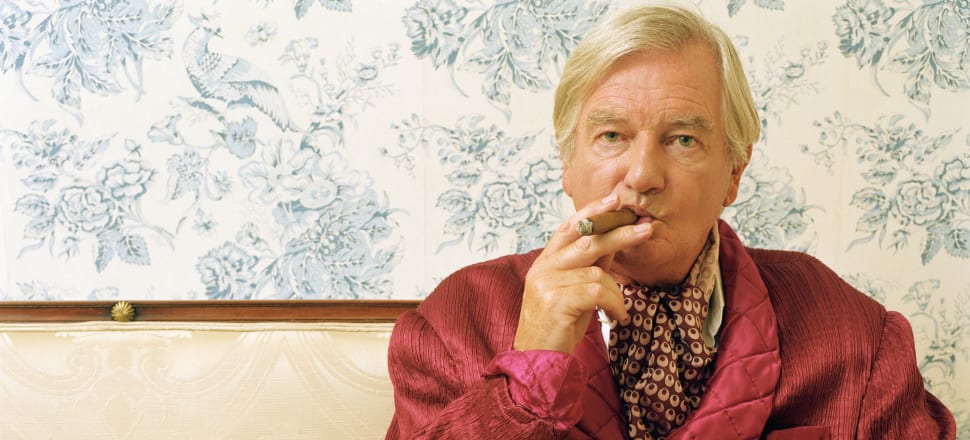
The Media Council has rejected three complaints against Newsroom for a headline on an academics' article that referred to decision-making by the 'stale, pale and male'
Ruling by the NZ Media Council on complaints by Iain Haggarty, Raewyn Messham and Simon Thomas against Newsroom.
Finding: Insufficient grounds to proceed
July 2022
On May 16, 2022 Newsroom published an article by two academics headlined: Farewell, ‘stale, pale, male’ decision-making – it’s time for just relationships. The article said “stale, pale, male” political dominance and decision-making was not reflecting the “Tiriti partnership at the heart of our democracy” and had contributed to Māori health inequities. It called for “solutions that draw together our different strengths to create more just relationships”.
Iain Haggarty and Raewyn Messham both complained about the article and the complaints will be dealt with together. Messham said she believed the article violated the Broadcasting Standards Act and the Human Rights Act and complained under Principle 1: Accuracy, Fairness and Balance, Principle 4: Comment and Fact, Principle 6: Headlines and Captions and Principle 7: Discrimination and Diversity. Haggarty said the headline was “racist and misandrist” and complained under Principle 1: Accuracy Fairness and Balance, Principle 6: Headlines and Captions and Principle 7: Discrimination and Diversity.
In its response to the complaints, Newsroom said the story was an honestly-held, expert opinion on a matter of public interest. The IdeasRoom section of Newsroom was for academics from partner universities to offer their views. There was no doubt the piece was commentary rather than news reporting. The term “stale, pale, male” in the headline highlighted a point made in the text and was a common colloquial phrase used to challenge privilege “said to have been enjoyed by older white men”. While arguably provocative, it was within the writers’ freedom of expression to use the phrase to draw attention to their argument.
At the outset, the Media Council notes that it assesses complaints against its own principles rather than the Human Rights Act or the Broadcasting Standards Act.
The article in question was clearly the opinion of the writers, as it is labelled comment and headed with their photographs and by-lines. Although it is expressed strongly, they have the right to express their opinion on an important matter of public interest, so the complaint under Principle 4 is not upheld. As it is an opinion piece, balance is not required and the complainants have not pointed out any inaccuracy, so the complaint under Principle 1 is not upheld. The headline accurately and fairly conveyed a key element in the story as required by Principle 4.
The Council considers that the nub of the complaint is captured by Principle 7: Discrimination and Diversity, which says: “Issues of gender, religion, minority groups, sexual orientation, age, race, colour or physical or mental disability are legitimate subjects for discussion where they are relevant and in the public interest, and publications may report and express opinions in these areas. Publications should not, however, place gratuitous emphasis on any such category in their reporting.”
The Media Council notes that it has dealt with a similar matter in Complaint Number 2989: Emma Birkett against Stuff, which dealt with a complaint about a comment that someone was “old, white, privileged and entitled”. In this decision, the Council noted that its main remit was “to uphold freedom of expression. Fundamental to that is allowing for robust debate in which people can express critical views in public”. The decision said it was widely accepted that racism involved power as well as ethnicity. The decision also noted: “Calling someone ‘old white’ has less of a sting than a similar descriptor would be to somebody – for example, Māori or Pasifika – who is likely to have experienced direct or indirect racial abuse and discrimination.”
The Council considers that, taking into account the previous decision, this complaint is even more clear-cut. It was clearly opinion, expressed on a matter of public interest – the healthy functioning of New Zealand’s democracy. The phrase “stale, pale, male”, while somewhat pejorative, is shorthand for the writers’ concern about older, Pākehā men dominating the political process and backs up their call for more diversity in decision-making. It was relevant to the matter under discussion, so, while the use of the phrase was designed to be provocative, it was not gratuitous. No principles have been breached.
Media Council members considering the complaint were Hon. Raynor Asher (chair) Hank Schouten, Rosemary Barraclough, Alison Thom.







